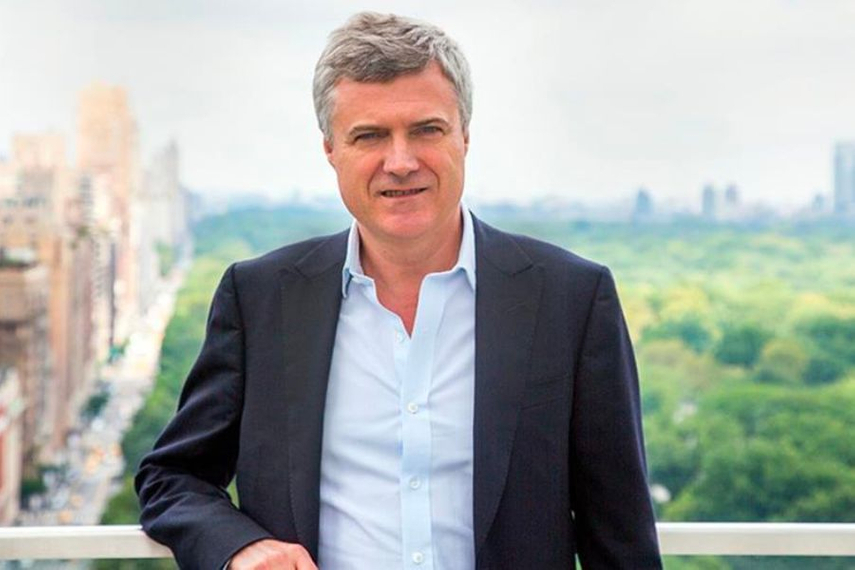
Please sign in or register
Existing users sign in here
Having trouble signing in?
Contact Customer Support at
[email protected]
or call+852 3175 1913
Holding group CEO spoke to Campaign at Q2 results.

Contact Customer Support at
[email protected]
or call+852 3175 1913
Top news, insights and analysis every weekday
Sign up for Campaign Bulletins
Reflecting on memory-making brand moments from 818 Tequila, Neutrogena, Pinterest and more as we head into Coachella weekend two.
With livestream restrictions and content filters rising, marketers are rethinking their strategies about connecting with the youth, while keeping trust and ethics front and center.
From creator collabs to AR chefs, IPL 2025 proves brands must chase relevance across memes, match breaks, and micro-moments—not just media buys.
Creo to operate influencer capabilities across 40-plus markets select markets, while select markets like the UK will operate as OMGCreo.